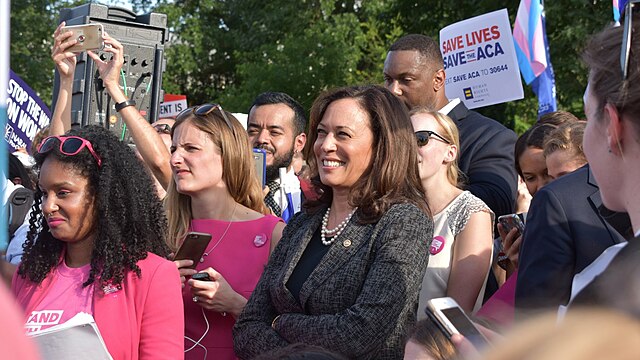If you were running a women’s domestic violence shelter, who would you turn away? An immigrant woman who may find herself deported if she testifies against her abuser? A transgender woman, who is statistically likely to be turned away? Perhaps your shelter is on Indian land, and you know that tribal law will have no jurisdiction over an Native American woman’s non-Native American partner — what do you do now?
Maybe you could find a way to help these women, maybe you couldn’t, but the Violence Against Women Act reauthorization (Senate bill S. 47) currently under consideration in the Senate won’t take any chances.
The bill, originally passed in 1994 and last reauthorized in 2005, is in need of an update. The proposed bill in the Senate strengthens protection for marginalized groups. In the last Congress, the issue was politicized and lawmakers chose playing political football over saving women’s lives. Enough is enough.
In the Senate on Feb. 7, lawmakers emphasized the importance of the reauthorization.
“Four out of five perpetrators (of domestic violence) on American Indian lands are non-Indians and currently cannot be prosecuted by tribal government,” said Sen. Amy Klobuchar (D-Minn.). S. 47 would extend Tribal court criminal jurisdiction to non-Indians in cases of domestic violence.
Sen. Dick Durbin (D-Ill.) expressed concern for undocumented immigrant women experiencing abuse.
The U-Visa program would allow those who were abused to stay in the country, regardless of immigration status, to help prosecute their abuser.
“If an undocumented woman walks into a domestic violence shelter … will we help her?” asked Durbin. “Some say ‘No, she’s undocumented’ … Is that who we are in America?”
I asked Associate Professor of Political Science Maria Rosales why she thinks this is an important issue for Guilford students. “There are a lot of women here,” said Rosales. “Guilford students should follow issues that are related to social justice.”
“It’s incredibly important that all students — women and men alike — make your voices heard on this issue,” said Senator Kay Hagan (D-N.C.) in an email interview.
Hagan, a co-sponsor of S. 47, stresses the importance of the legislation to college students, who are at especially high risk of sexual abuse and violence, saying, “The ‘Campus Program’ provides grants to colleges and universities to implement co-ordinated community responses.”
Hagan is confident the bill will pass in the Senate. Most concern lies in the House.
“We need to send a clear message to the House that anything short of passage is unacceptable,” said Hagan.
“In every area where women are fighting for their rights and their choice and their protection from abuse, it has come to a fight without bipartisan support,” said Carol Rosenblatt, executive director of the Coalition of Labor Union Women.
Let’s keep our eyes on VAWA reauthorization as it moves through the Senate and tell the House we will not be satisfied with a bill that turns its back on so many of our sisters.





